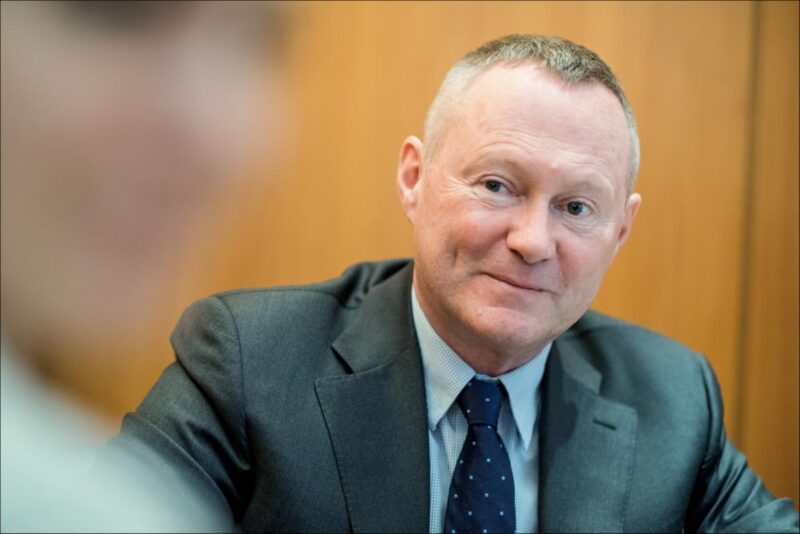
The year 2020 saw governments around the world scramble to implement emergency measures to get their citizens through this global health crisis. Public health has been top of the agenda in most, if not all cases, with the economy also being put to the fore. However, many countries have allowed the protection of human rights to slide right down their list of priorities. Can we find a balance between protecting public health and protecting human rights? What human rights issues are on the horizon as we move through the pandemic? In crisis situations, human rights are often temporarily restricted in the interest of certain long-term outcomes, but how do we ensure that the temporary does not become the norm?
In order to address these topical questions, the Society For International Affairs (SOFIA) put together an impressive panel on Thursday, exclusively for its members. The panel included Michael O’Flaherty, Director of the European Union Agency for Fundamental Rights, Liam Herrick, Executive Director of the Irish Council for Civil Liberties (ICCL), Roojin Habibi, an international lawyer and scholar specialising in global health law, governance and justice and finally, István Hegedűs, Chair of the Hungarian Europe Society with a focus on democratic erosion in Hungary. Moderating the panel was David Fennelly, an assistant professor at Trinity’s Law School and a member of the School’s COVID-19 Law and Human Rights Observatory.
The sensitive balance between prioritising public health and human rights was central to Thursday’s panel. We have all experienced limitations on our freedom since early March, even though those restrictions were motivated by public interest. Roojin Habibi pointed out that even when restrictions have a specific aim, they must be based on balance because “there are some rights you cannot curtail”. She argued that the wellbeing of the individual must be taken into account in any approach to the pandemic, while also prioritising public health. Michael O’Flaherty highlighted the need for “human rights discourse” at “the decision making table”, applauding Finland and Luxembourg for their thorough consideration of human rights in their pandemic responses.
With his unique Hungarian perspective, István Hegedűs spoke about some of the challenges his country is facing at the moment. While many were caused by an “illiberal populist regime” and not the pandemic itself, he affirmed, “the threat caused by the coronavirus certainly gave new impetus to the Hungarian leader to go on with his hidden agenda to concentrate power and to sideline the opposition”.
One of the big human rights issues soon to arise is vaccine distribution. It’s expected that the vaccination will be disproportionately available to the least marginalised in society, making it unavailable to some, depending on their country of residence and socio-economic background. The second issue related to the vaccination is that of individual bodily autonomy and whether or not it would be constitutional for governments to implement a policy of mandatory vaccination. Habibi believes that, for liberal democracies such as her home country of Canada and Ireland, “it’s going to be very challenging to impose a mandatory vaccine mandate”. Therefore, “the best strategy to get vaccine uptake is building public trust” and ensuring that the science behind the vaccine is communicated in a comprehensive way, she added.
Before wrapping up, the panelists took a moment to reflect on some positives, in terms of human rights, that they have witnessed over the past few months. In the Irish context, Liam Herrick mentioned that the right to protest has been upheld. Although some groups have abused this right and partaken in unsafe protests, “that strong state commitment to the right to protest, even in a pandemic, is very, very valuable”, he asserted. Another positive was the increased media attention paid to vulnerable members of society throughout the pandemic. Groups mentioned included the Traveller community, people living in Direct Provision, people with disabilities and the elderly.






